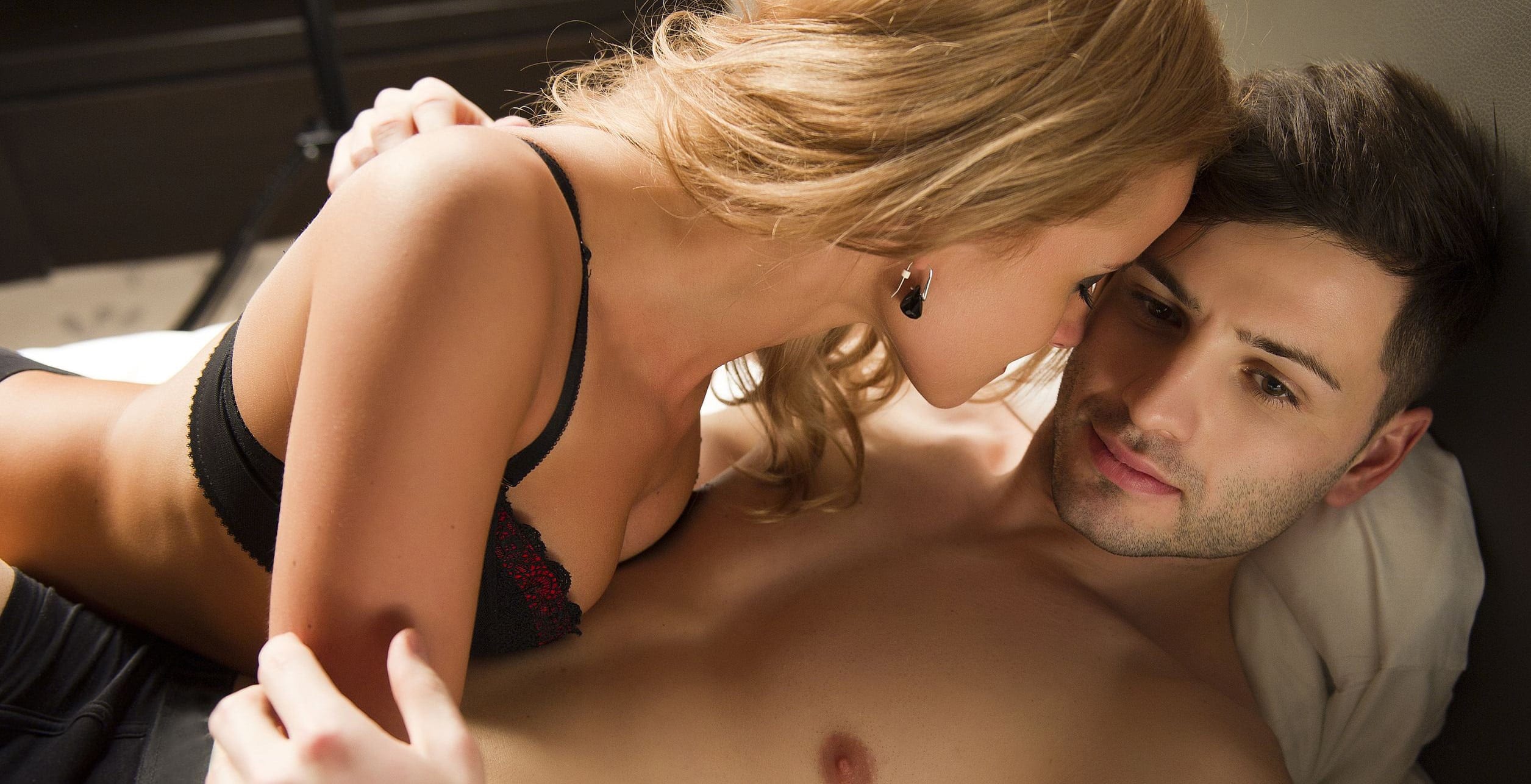In a relationship, trust is based on two distinct aspects:
Your own personal integrity as a person, and being there emotionally for your partner.
For each one of us, personal integrity is based on our willingness to do the right thing even when no one is watching. Are you this kind of person? Can you rely on yourself to come through in this way?
For couples, trust is about coming through for your partner. It’s something you both need to be able to count on: that in that moment your partner feels he (or she) most needs you, you’ll be there. Every time. And that your partner will be there for you in your moment of pain or crisis.
John Gottman’s recent research has shown without a shadow of a doubt that when relationships become distressed, the central missing ingredient is the ability to build and maintain this trust with one another. On this issue, there’s really no compromise. As human beings in relationship with others, trust is the most fundamental need we have — to know that when we’re in trouble, hurting, or having difficulties, that our partner will respond empathetically. That we’re not alone.
Many unhappy couples feel their partners simply can’t be counted on to “be there” for them in these essential moments. Emotional injuries from a lack of trust over time create a deep, wide gulf of emotional distance between them. This leads to eventual betrayal or the quiet dying of their love.
Trust Builds a Bond
On the other hand, for happier relationships where trust between the two is present or has built up over time, its emotional presence creates safety, security, and openness for both partners. It deepens their love beyond its first passionate infatuations. As years roll by and love matures, trust ripens to a sense of mutual nurturance and moral responsibility for building a life together. In healthy relationships, love and trust are intertwined, growing together to form a lasting and powerful bond.
What are the exact ingredients of trust between a couple?
Here they are, couched in questions so that each of you can ask yourself of each other, discuss, and see whether there are any elements you might need to work on.
1. The Trustworthiness of My Partner as a Person:
Can I count on you to be a truthful person?
Are you as you appear to be?
Do you keep promises you make, and follow through on what you say you’ll do?
Are you transparent as a person?
Are you secretive? Do you hide aspects of your life from me?
Are you a good person who treats other people kindly?
Do you show goodwill towards others?
2. Your Couple Trust and Loyalty:
Can I count on you to be there for me when I really need it?*
(*This is an incredibly important question. If the answer is NEVER or OCCASIONALLY, stop and discuss it together until you are clear what you need to change to make this happen.)
Do I come first in comparison to others or to your goals?
Do others (or other things) take priority over me?
Can I trust you to choose me over your friends?
Can I trust you to choose my interests over those of your parents?
Can I trust you to care more about our relationship than about just yourself?
Can I trust you to be home when you say you will be?
Can I trust you to be motivated to earn money and create wealth for our family?
Can I trust you not to follow up on other sexual interests you might have?
Can I trust you to keep me as your closest friend?
OUR MAJOR MARRIAGE COUNSELLING LOCATIONS:
See all of our Relationship Counselling Melbourne locations.
See all of our Relationship Counselling Brisbane locations.
See all of our Relationship Counselling Perth locations.
See all of our Relationship Counselling Adelaide locations.
See all of our Relationship Counselling Canberra locations.
See all of our Relationship Counselling Sydney locations.








 missing the boat.
missing the boat. op our guards and allow each other inside to truly connect and experience each other.
op our guards and allow each other inside to truly connect and experience each other.
